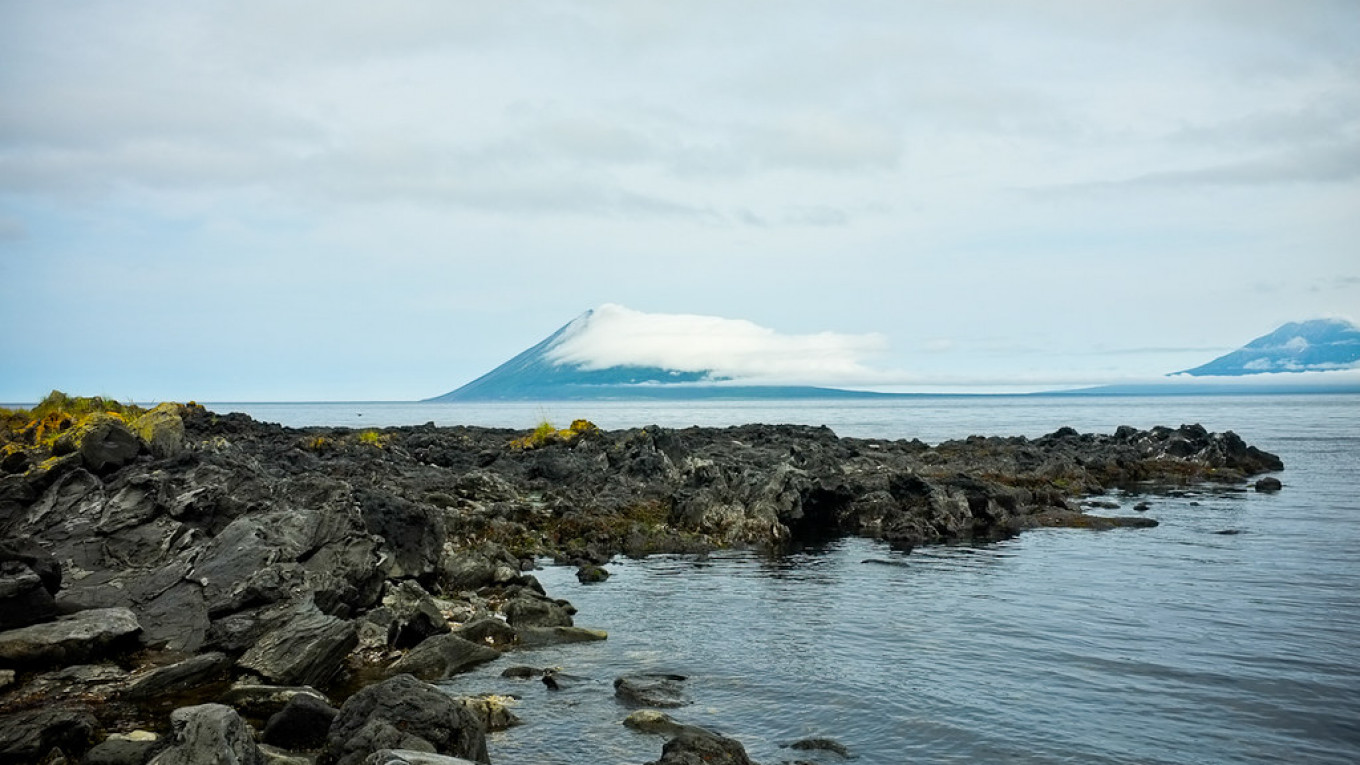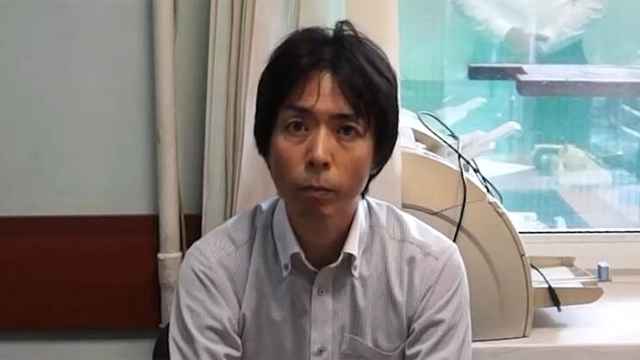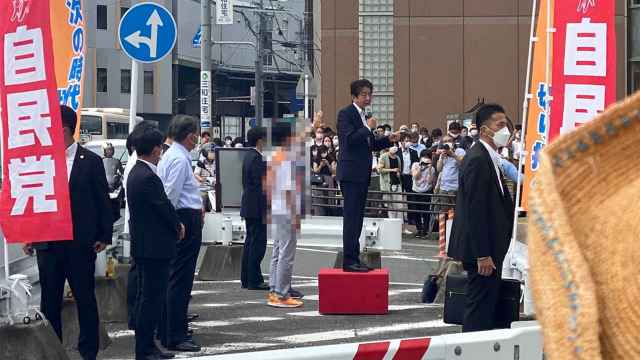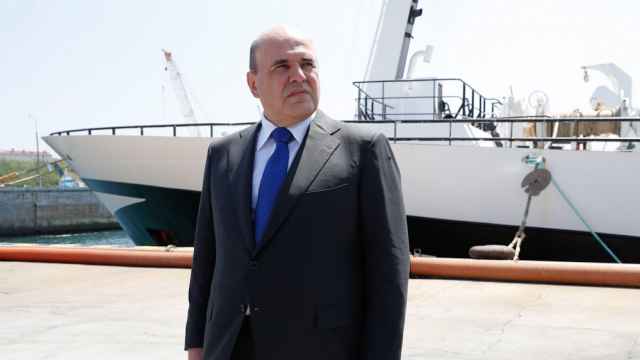Russia’s controversial constitutional reforms will make discussions with Japan on the dispute over a set of Pacific islands easier for Moscow, former Prime Minister Dmitry Medvedev said Wednesday.
Russia and Japan are attempting to strike a formal peace treaty, which Tokyo insists on for the return of the Russian-held Kuril Islands. A set of constitutional changes that Russian President Vladimir Putin enacted in July includes a clause banning territorial concessions, which is viewed as being designed to allow Russia to keep the Kurils and Crimea.
“Future and ongoing conversations with our Japanese partners are made even easier because they should proceed from the fact that the current Constitution contains a norm on the protection of Russia’s sovereignty and territorial integrity,” Medvedev said at a youth forum, according to the state-run RIA Novosti news agency.
Russia’s relationship with Japan “developed quite well” under outgoing Prime Minister Shinzo Abe, Medvedev said, “but the fate of the peace treaty has a significant impact on our relations.”
“We’ve always been in favor of [signing] this treaty, but not as a result of giving up Russian territories,” said the former prime minister and current deputy head of Russia’s Security Council.
Observers have described Abe’s efforts to resolve the territorial dispute as a fiasco, partly because Putin ratified the constitutional amendments despite Abe’s willingness to settle for 7% of the total disputed landmass.
Abe’s successor will likely revert to actively demanding the return of all four islands, which Japan calls the Northern Territories, James Brown, associate professor of political science at Temple University in Japan, wrote in a Moscow Times op-ed this week.
A state-funded poll found in early 2019 that 96% of the Kurils’ adult population opposed ceding the islands to Japan.
A Message from The Moscow Times:
Dear readers,
We are facing unprecedented challenges. Russia's Prosecutor General's Office has designated The Moscow Times as an "undesirable" organization, criminalizing our work and putting our staff at risk of prosecution. This follows our earlier unjust labeling as a "foreign agent."
These actions are direct attempts to silence independent journalism in Russia. The authorities claim our work "discredits the decisions of the Russian leadership." We see things differently: we strive to provide accurate, unbiased reporting on Russia.
We, the journalists of The Moscow Times, refuse to be silenced. But to continue our work, we need your help.
Your support, no matter how small, makes a world of difference. If you can, please support us monthly starting from just $2. It's quick to set up, and every contribution makes a significant impact.
By supporting The Moscow Times, you're defending open, independent journalism in the face of repression. Thank you for standing with us.
Remind me later.






